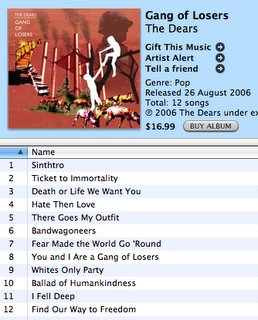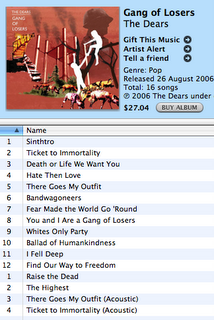I was recently recommended Scott Adams' book “God’s Debris”, which may now be freely downloaded. This will presumably drive sales of the sequel, which is currently only available in paper form.
It’s a pretty short book, and very easily digestible. Turns out that Scott Adams isn’t just a terribly funny guy (via Dilbert), but he’s also an exquisite composer of thought experiments. He proposes a possible truth to the universe, ostensibly not as an explanation for anything but more to explore the issues involved. As someone occasionally on the fence regarding spiritual vs. reductionist beliefs, this is the sort of thing to swing me rather firmly towards the latter.
His descriptions ring especially true for reductionists that believe all things may be described by the sum of their parts. In his blog, Scott refers to humans as “moist robots”, which gives some sort of feel for the way he approaches the meaning of the universe in this book. His own views, of course, are concealed as unimportant.
Scott suggests reading the book with a friend and discussing the issues raised over a tasty beverage. I wish I had that luxury, so I’ll just say that I’ve read it (thanks Justin!) and hope that someone wishes to talk to me about it some time. As a philosophy to live by, it certainly fits in better than any other supposed explanation I’ve ever read. (Especially this one.) But the point is — I feel — that there’s really nothing we can do to validate any such claims and the best thing for everyone to do is live by a “religion of society”. If some people need fictions to adhere to such a philosophy, then that’s the way it goes.
Anyway, I promise I’ll stop being wishy-washy metaphysical. I’m just spewing thoughts into the ether while they exist in my head.



